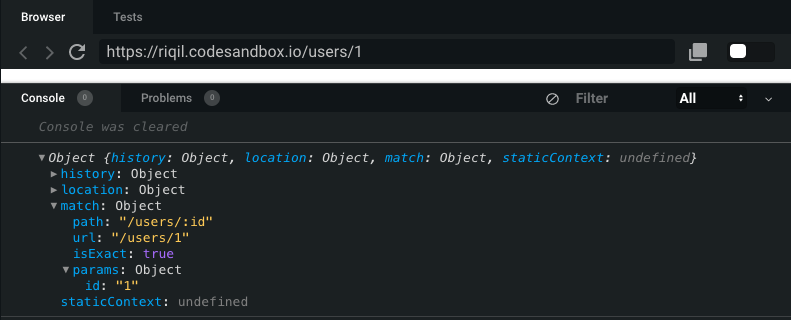

In App, we define some Routes that map URLs to the components we defined. Next, we parse the hash part of the URL into an object with the URLSearchParams constructor.Īnd then we get the entries from the parsed query string with the entries method. Before proceeding with this guide I would highly recommend going over the official React Router Guide to familiarize yourself with the terminology. It is a well thought out library with an extensive test suite and support for browser, react-native, and server-side rendering. Then we get the hash part of the URL with the location.hash property. React Router is one of the most popular routing libraries in the React ecosystem.

const location useLocation() Now we are going to separate the query string from the current URL using the JavaScript URLSearchParams interface. First, To get the current URL we can use useLocation () custom hook available in the react-router-dom library. We have the Foo component that calls the useLocation and assign the returned object to the location variable. Anything after in the URL are considered as query string of the URL. To get query parameters from a hash fragment with React Router v5, we can use the useLocation hook to return the location object and use the location.hash property to get the hash part of the URL.įor instance, we write: import React from "react" Ĭonst params = new URLSearchParams(location.hash)

Get Query Parameters from a Hash Fragment with React Router v5


 0 kommentar(er)
0 kommentar(er)
